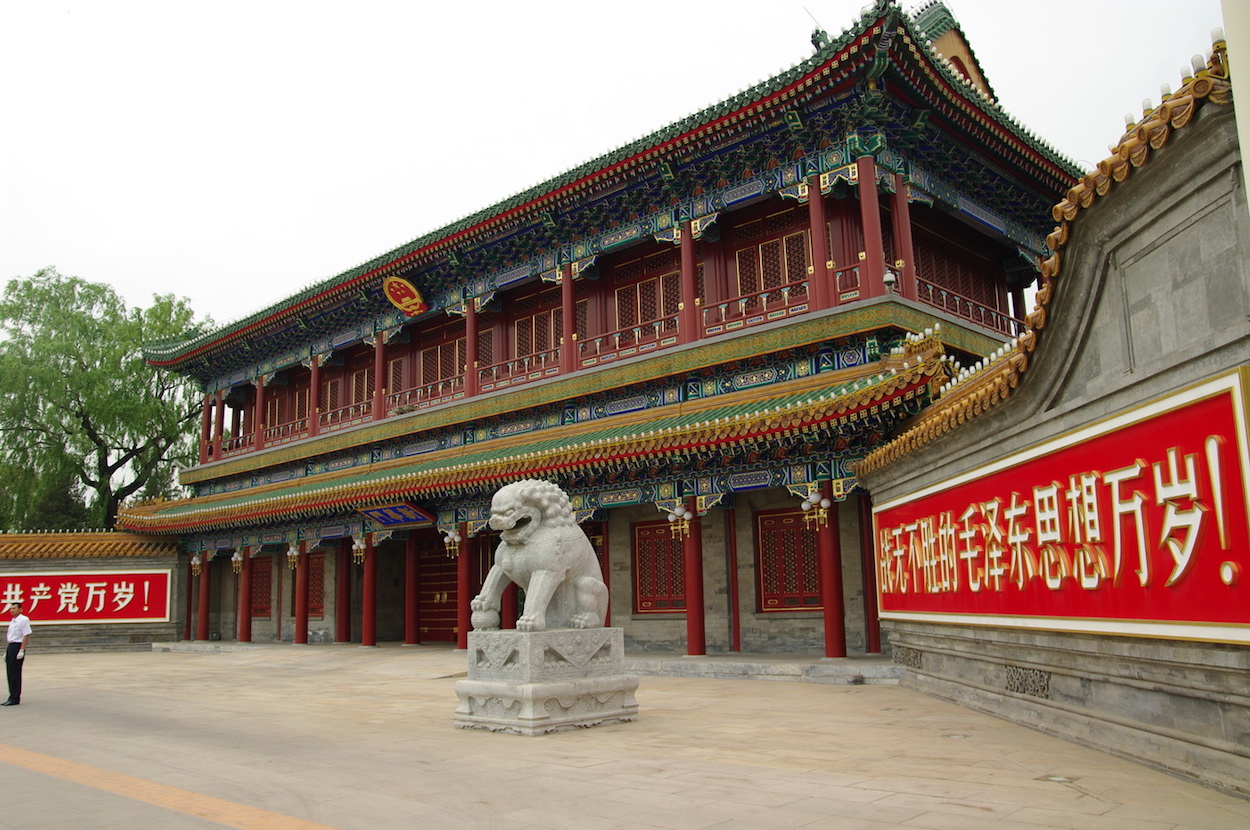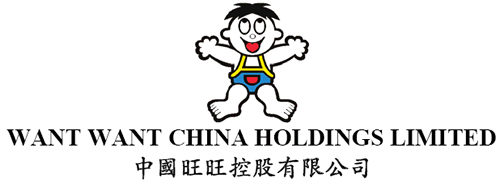by Brian Hioe
語言:
English
Photo Credit: Public Domain
DPP LEGISLATORS including Rosalia Wu, Kuan Bi-ling, Lai Jui-lung, and deputy legislative speaker Tsai Chi-chang would in the past week make allegations that the Chinese government has begun investigating whether Taiwanese businesses operating in China have made donations to the pan-Green political camp. If found to have done so, the Chinese government reportedly intends to take punitive measures against such companies, forcing them to make statements acknowledging the 1992 Consensus or otherwise acknowledging a political stance that Taiwan is a part of China.
 Photo credit: Bgabel/WikiCommons/CC
Photo credit: Bgabel/WikiCommons/CC
Whether or not this is the case, the issue of repercussions against Taiwanese companies for their political views has become an object of public discussion after Taiwanese bakery chain 85°C declared support of the 1992 Consensus following backlash in China against the chain for hosting a visit from Taiwanese president Tsai Ing-Wen in one of its American stores. Hosting this visit led to a sharply worded editorial against 85°C in Chinese state-run media, as well as calls by Chinese citizens for a consumer boycott of 85°C.
85°C has locations in Taiwan, China, America, and other countries. But as a Taiwanese company operating in China, it is not surprising that 85°C would make statements to try and keep not only Chinese consumers happy, but also the Chinese government so as to be continued to allow operating in China, to begin with.
Either way, the Chinese government has illustrated how it can negatively affect Taiwanese companies through publicly lashing out them through state-run media and inciting nationalist Chinese consumers. Stocks for 85°C’s operator, Gourmet Master Company Ltd. began tumbling after the incident, even if Gourmet Master later recovered.
Ironically enough, with its eyes on continuing to operate in China, 85°C has a history of support for unification. Notably, during the 2014 Sunflower Movement, 85°C made a strong public declaration in support of the CSSTA. Yet 85°C would become targeted by China nonetheless.
 Tsai visiting an 85°C location during a recent visit to the United States earlier this month. Photo credit: Presidential Office
Tsai visiting an 85°C location during a recent visit to the United States earlier this month. Photo credit: Presidential Office
If China genuinely intends to move forward with a plan to investigate whether Taiwanese companies have made political donations to the pan-Green camp in the present, this may be because they realized that lashing out at 85°C was an effective strategy. On the other hand, it is also to be questioned whether China’s actions are in retaliation for recent efforts by the Tsai administration to look into illicit donations from China to pro-unification groups, such as with regards to spying efforts by members of the New Party or to probe Chinese funding of “White Wolf” Chang An-Lo’s China Unification Promotion Party, Chang having been a former killer of political dissidents during the authoritarian period for the KMT.
Alternatively, Chinese actions could be retaliation for the DPP’s currently investigation the illicit party assets of the KMT from land and property seizures during the authoritarian period that it retains into post-authoritarian times. The KMT, which by far remains Taiwan’s richest political party, has historically used its party assets as a war chest for furnishing its election campaigning, but the DPP’s party assets probe could reduce the amount of financial resources it has available to it. Through targeting companies which donate to the DPP, China may hope to cut the DPP’s own assets as retaliation, in the hopes that this will allow its political proxy in Taiwan, the KMT, to retake the ground it has lost to the DPP since 2016 elections.
Indeed, for Taiwanese companies preoccupied with making profits above anything else, the temptation of the Chinese market is strong. As such, it would not be too surprising if a wave of Taiwanese companies begin to make statements declaring support for the 1992 Consensus. Unfortunately, compared to the occasional occurrence of Chinese consumer boycotts of Taiwanese companies perceived as being pro-independence, at least in the past few years, organized consumer boycotts of pro-unification companies in Taiwan have been rare.
 Want Want Group logo
Want Want Group logo
The most prominent example of a pro-unification company facing boycott in past years would be evidenced in the backlash against the Want Want Group conglomerate for seeking to purchase China Network Systems, the second-largest cable TV provider in Taiwan. Want Want owner Tsai Eng-meng would directly state that his aims were to more speedily facilitate unification between Taiwan and China by creating more positive perceptions of China in Taiwan using China Network Systems. Yet this would lead to reactions from those who feared that Want Want’s control of China Network Systems would be deteriorating of press freedoms in Taiwan.
As such, reactions from society on some organized level are most likely to happen if China forces Taiwanese companies to take actions deleterious of Taiwanese political freedoms. Otherwise, Chinese bullying of Taiwan will provoke anger, but may not provoke reactions that take the form of concrete political action.

